General Manager of Lingze Science and Technology Attends "Seminar on Enterprise Safety and Urban Risk Management"
Release time:2025-05-20Source:本站click:2014
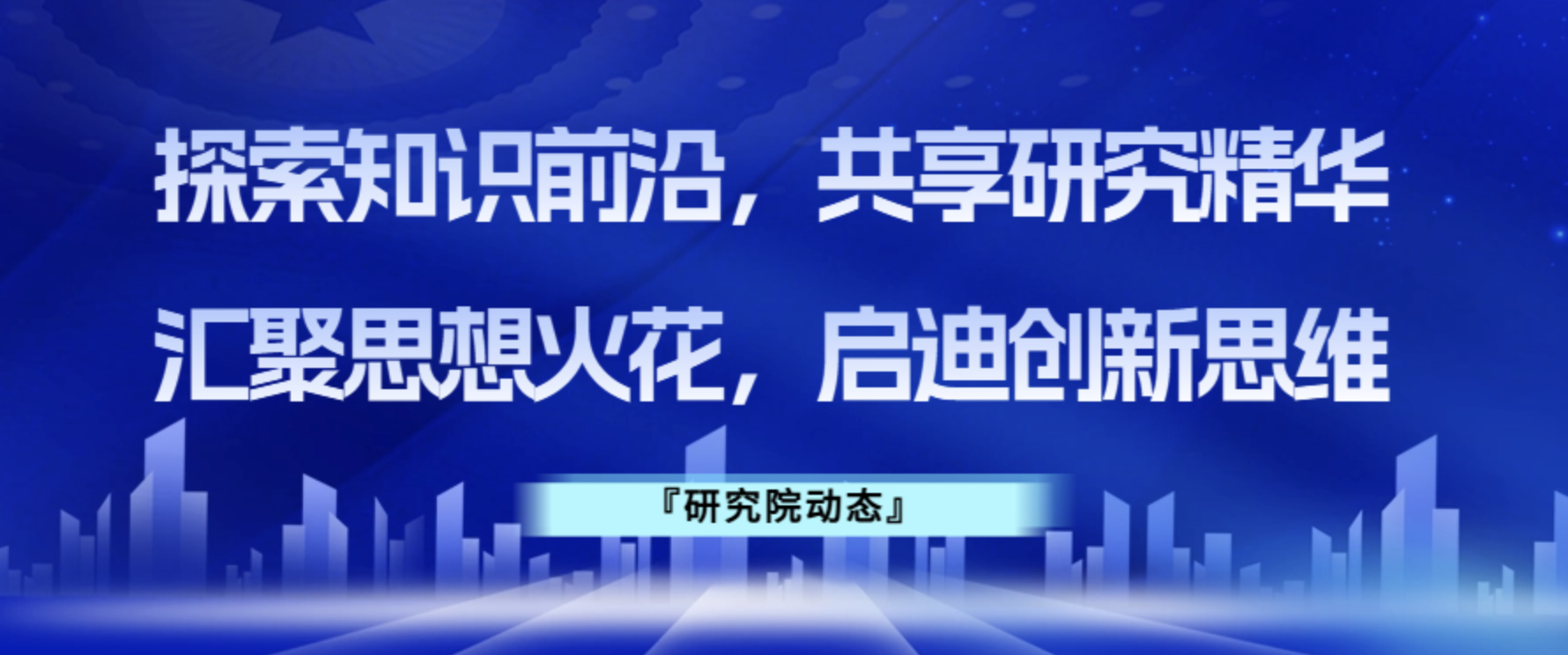
|
From May 17 to 18, 2025, Shanghai New Era Urban Safety and Emergency Management Research Institute (hereinafter referred to as "Shanghai Xin'an Institute") and Shanghai Jiaotong University (hereinafter referred to as "Shanghai Jiaotong University") jointly organized the "Enterprise Safety and Urban Risk Management Seminar", the course teaching was successfully carried out in China Tower Co., Ltd. (Shanghai Branch) in May. This course invites Wang Guangbin, Professor of the School of Economics and Management of Tongji University, Director of the Institute of Engineering Management of Tongji University, and Dean of the Institute of Construction Industry Innovation and Development of Tongji University, Li Yihong, Director of the Quality and Safety Supervision and Management Division of Shanghai Housing and Urban-Rural Construction Management Committee, Jiang Tao, member of the party group and deputy director of the Shanghai Meteorological Bureau, and Liu Xiaotao, member of the party group of the Shanghai Water Affairs Bureau, gave lectures. During the class break, Zhang Yunzhou, deputy general manager of China Tower Shanghai Branch, led the trainees to visit the company's wisdom exhibition hall and gave a detailed introduction. |
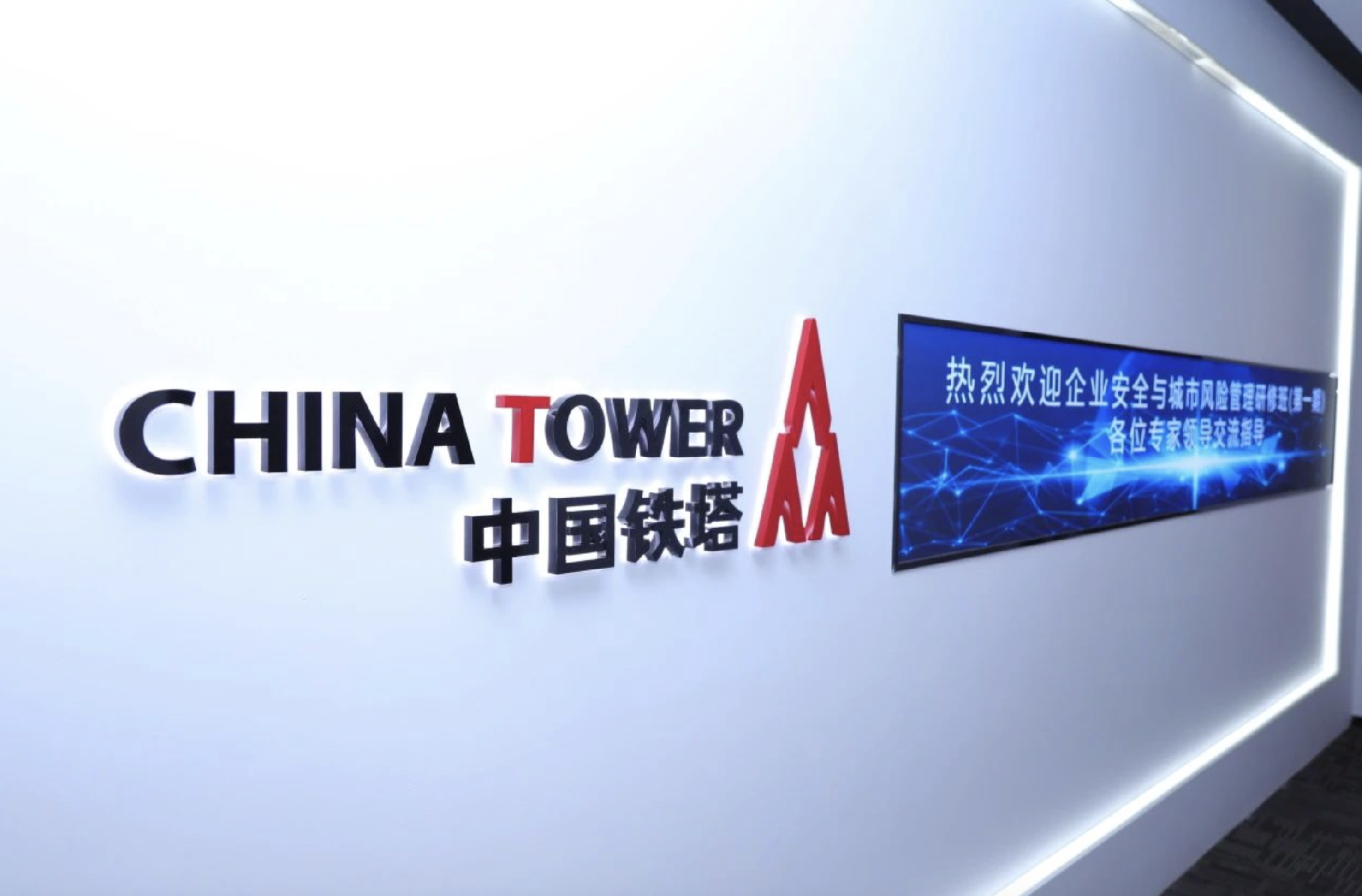
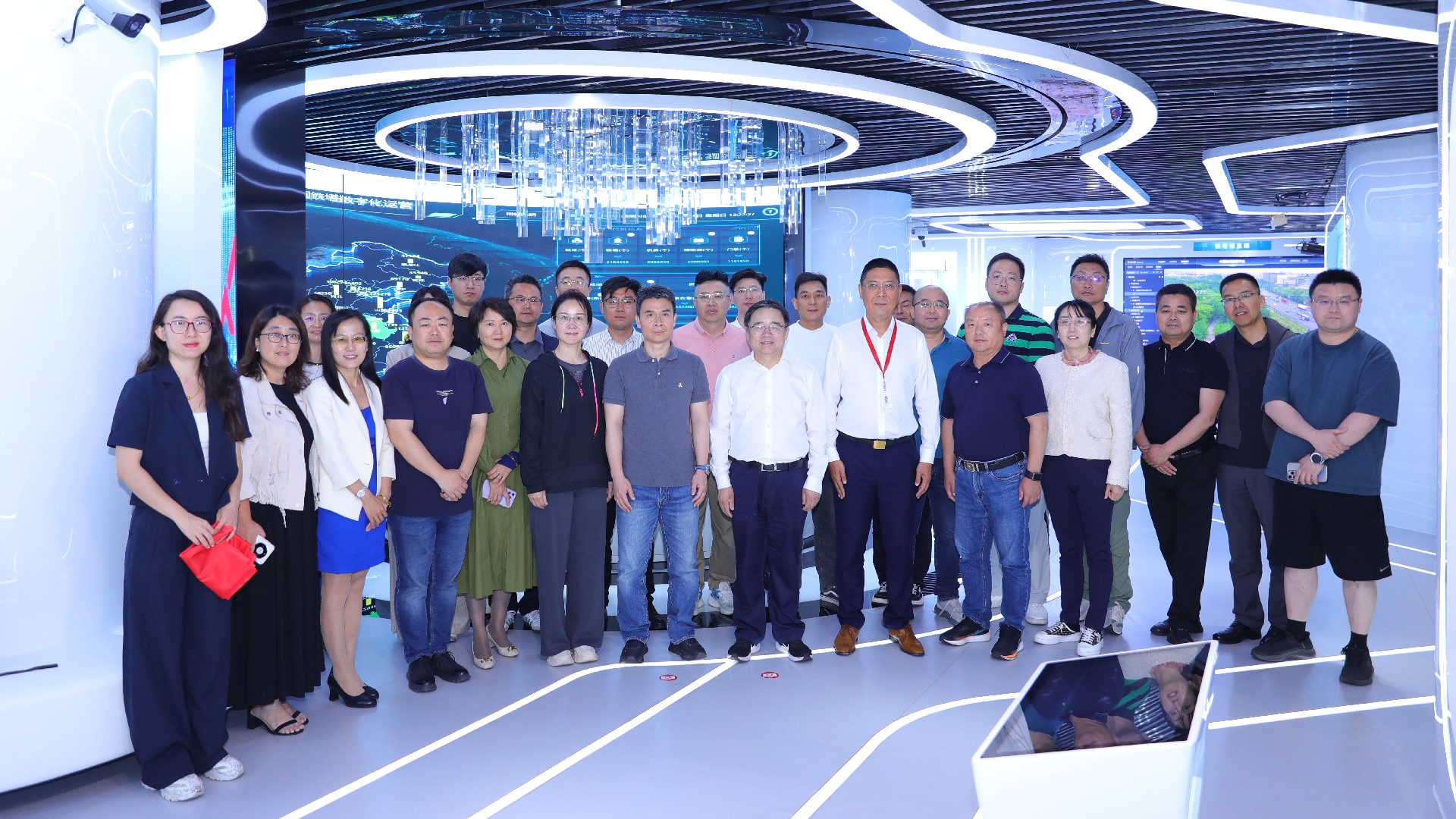
Connotation, Key Technologies, Implementation Risks and Countermeasures of Digital Transformation in Construction Industry
Teacher Wang Guangbin pointed out in the lecture that the construction industry has long faced systemic problems such as slow technological progress, backward production methods, serious resource losses, and low production efficiency. In view of the innovation dilemma highlighted in the technology-driven change, it is proposed to take the integrated life cycle management of "planning, investment, construction and operation" as the core solution path, through the organic integration and optimization of the four key links of planning, investment, construction and operation, to promote the upgrading of the industrial chain and realize the efficiency and rationalization of resource allocation. In addition, in the context of the development of the project management era, the study emphasizes that enterprises should focus on the improvement of the following three key capabilities: first, to face the impact of customers with an open attitude, second, to lead the integration and innovation of digital entities, and third, to carefully create customer experience, and finally realize the transformation and upgrading of value delivery to meet the new requirements of industry change.
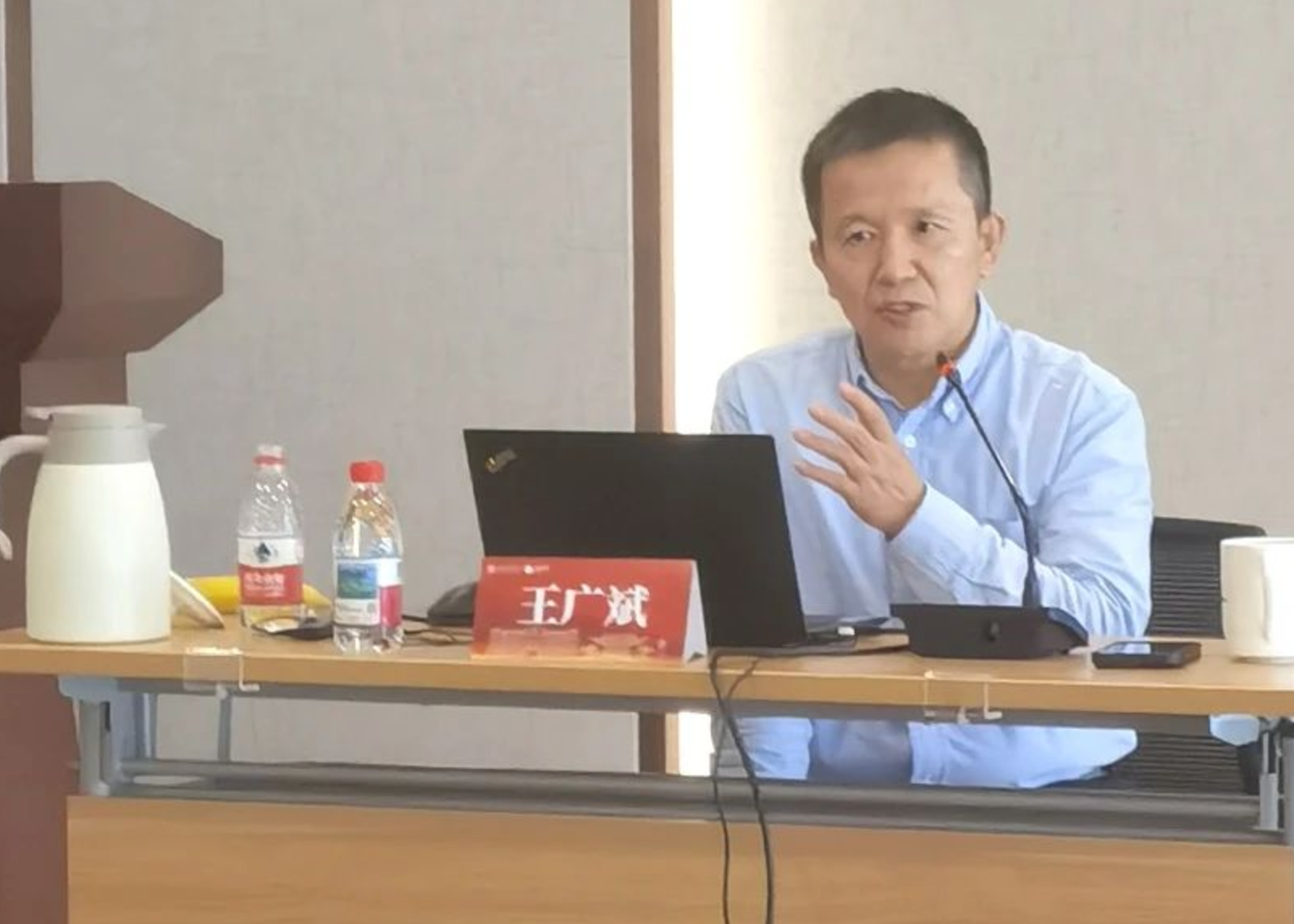
Risk management of falling objects
From the three dimensions of policy requirements, control status and risk management system construction, Mr. Li Yihong expounded the importance and urgency of strengthening the risk management of high-altitude falling objects. Through in-depth analysis of the causes of the accident, he proposed that it is necessary to work together to solve the problem from three major directions: first, to improve the current safety standards and build a strong system of defense; The second is to optimize the technical application of building materials and strengthen scientific and technological support. The third is to strengthen the investigation and management of hidden dangers and consolidate the management foundation. He emphasized that it is necessary to promote the formation of a multi-dimensional comprehensive governance system that is guided by policies and systems, uses intelligent technology as a means, and uses management mechanism innovation as a driving force, and promotes the formation of a coordinated pattern of joint governance by the relevant responsible subjects of urban falling objects. Urban public safety builds an all-round protection network, and jointly protects the "overhead safety" of the people's city, so that the city operates more safely, orderly and with temperature.
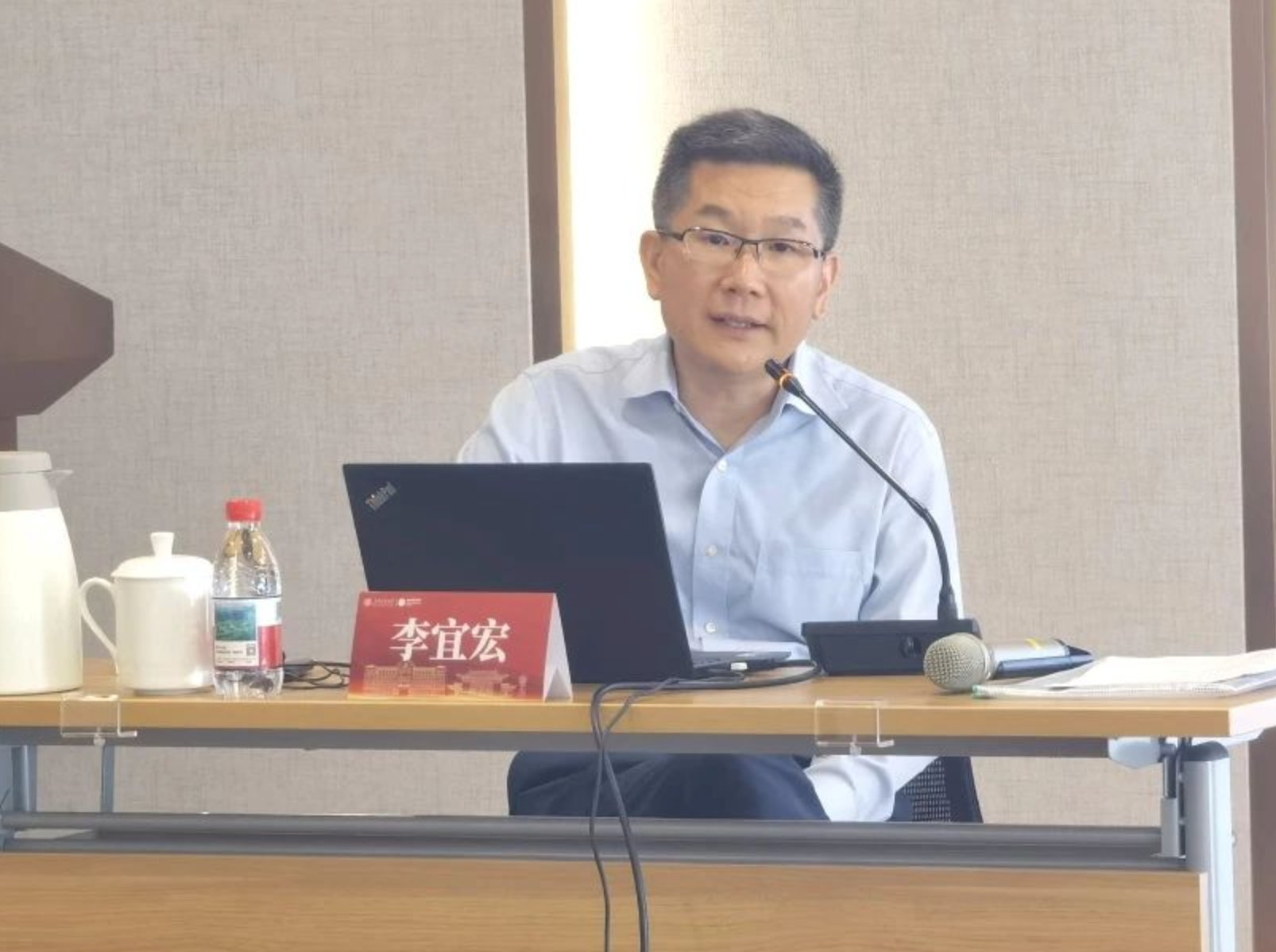
Urban Meteorological Disaster Risk and Response
In his lecture, Mr. Jiang Tao systematically expounded the innovative practice and development direction of meteorological services in megacities. In view of the challenges of the rapid turn of droughts and floods and the frequent occurrence of extreme weather, it is proposed that megacities, as complex giant systems, need to solve the five contradictions of "small and big", "good and bad", "have and nothing", "more and less" and "strong and weak". Through the disaster prevention system of "prevention at the end", the service concept of seeking advantages and avoiding disadvantages, the service framework of the whole cycle, the monitoring system of "prophetic weather" prophetic weather, build a three-dimensional defense network to ensure the safe operation of the city with the in-depth integration of the four dimensions of "data, algorithms, systems, and mechanisms", and through the creation of a four-pillar toolbox of "risk assessment-monitoring and early warning-information dissemination-emergency response", To promote the deep integration of meteorological services into the urban governance system and global development pattern in the direction of industrialization, internationalization and digital intelligence.
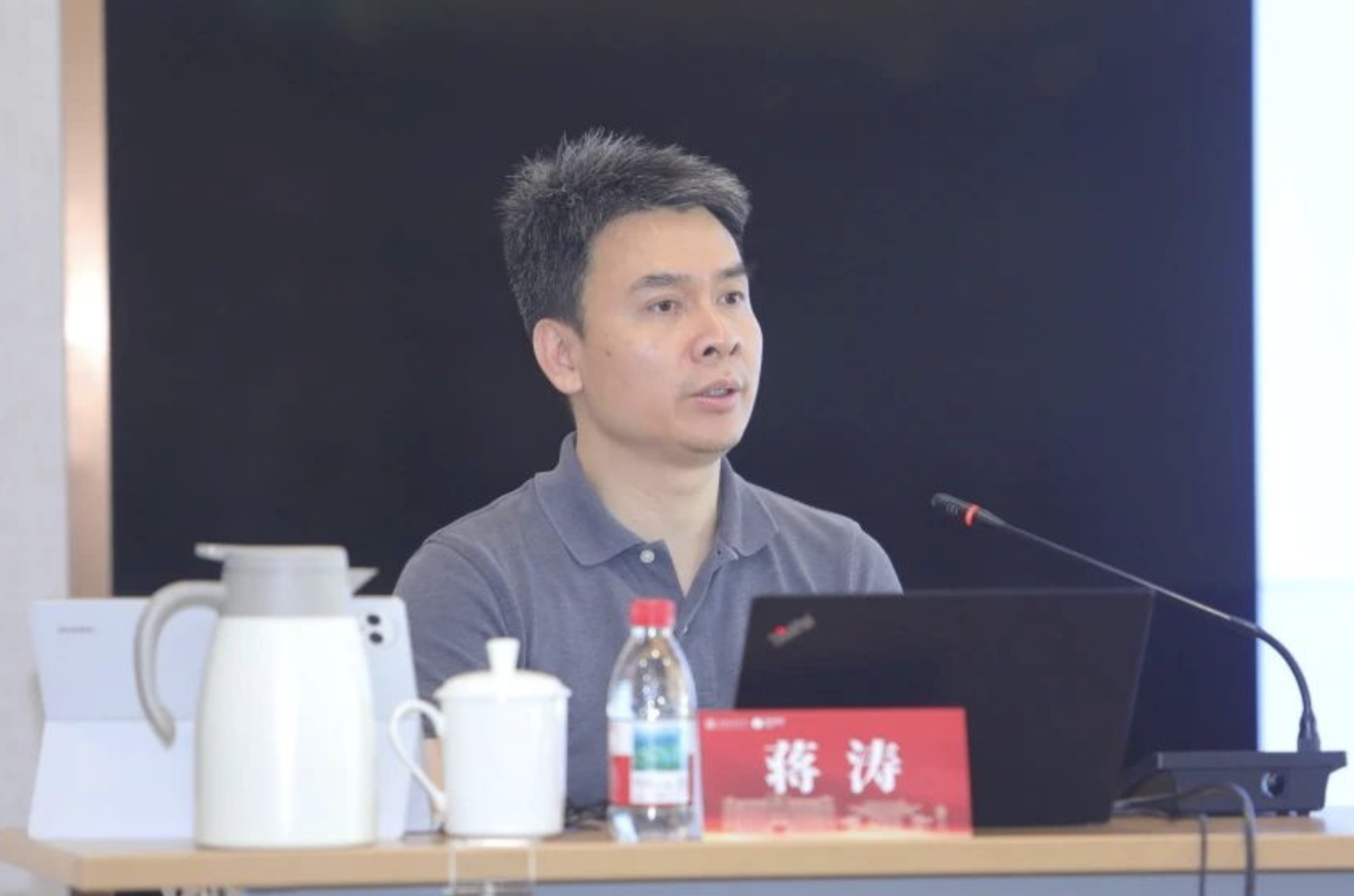
Flood Control Innovation Practice and Theoretical Thinking of Shanghai Mega-City
Liu Xiaotao's teaching starts from three aspects: risks and challenges, practice and innovation, thinking and enlightenment of flood control work in Shanghai. He pointed out that Shanghai is facing problems such as increasingly severe natural disaster risk situation, insufficient safety and resilience of mega-cities, and the need to continuously strengthen flood control infrastructure and emergency management capabilities. As the central node of the domestic big cycle and the strategic link between domestic and international double cycles, Shanghai is the vanguard of reform and opening up and the pioneer of innovation and development. It must unswervingly implement the overall national security concept and take the "two persistence, three changes" and other party and state's disaster prevention The requirements and concepts of disaster reduction and relief are the fundamental follow of flood prevention work, plan flood prevention work with strategic thinking, study the laws of flood conditions with historical thinking, and implement flood prevention measures with bottom line thinking, systematic thinking to resolve disaster risks.
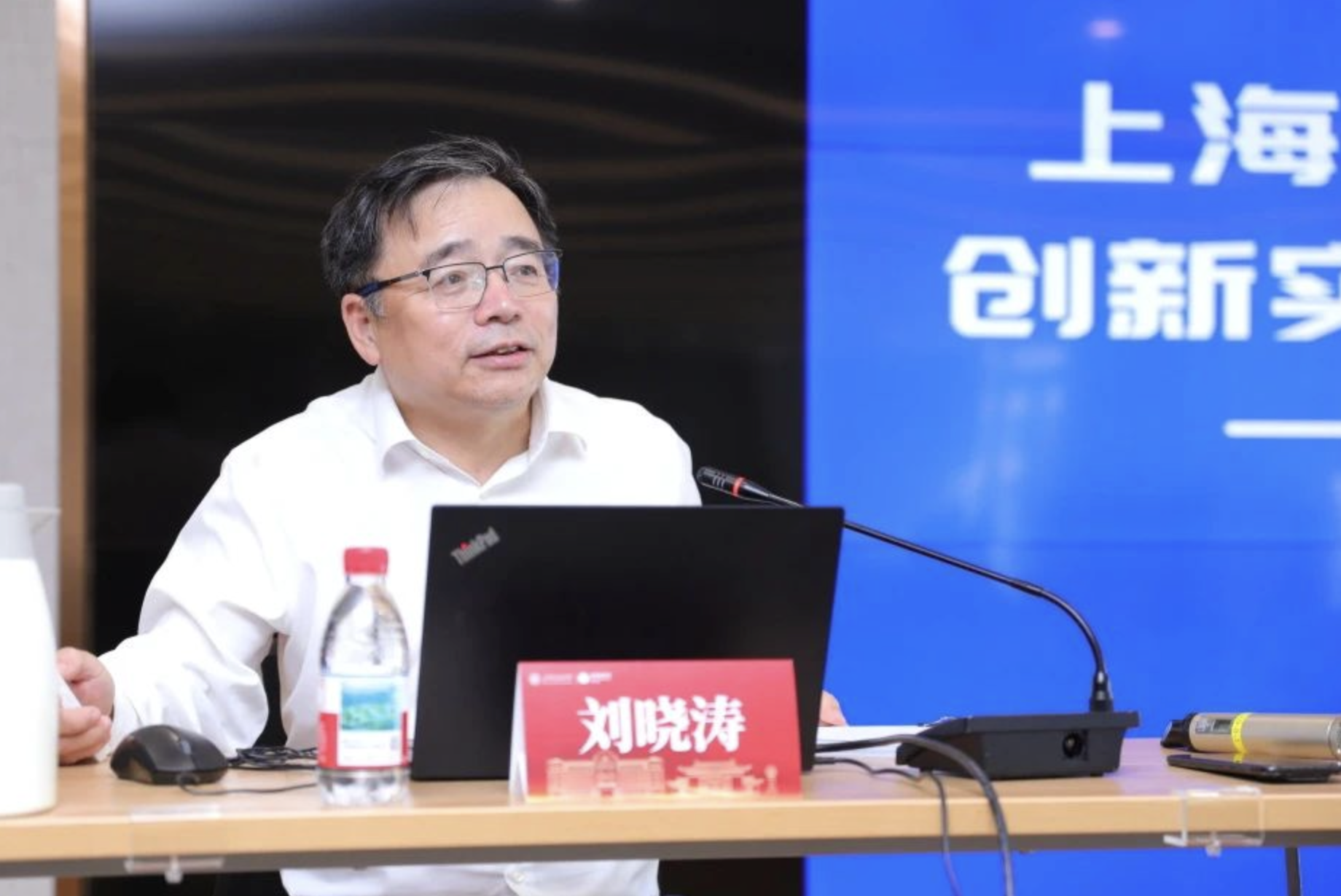
| This course systematically analyzes the core safety management knowledge of key industries in the field of urban safety. In the future, it will continue to focus on the cutting-edge issues of the industry. Through in-depth case analysis, cross-domain experience exchange, and mutual visits between enterprises, it will help students master key capabilities such as risk identification, collaborative response, and long-term prevention and control, promote the upgrading of the enterprise safety governance system to active defense, and jointly protect the bottom line of urban safety. |
